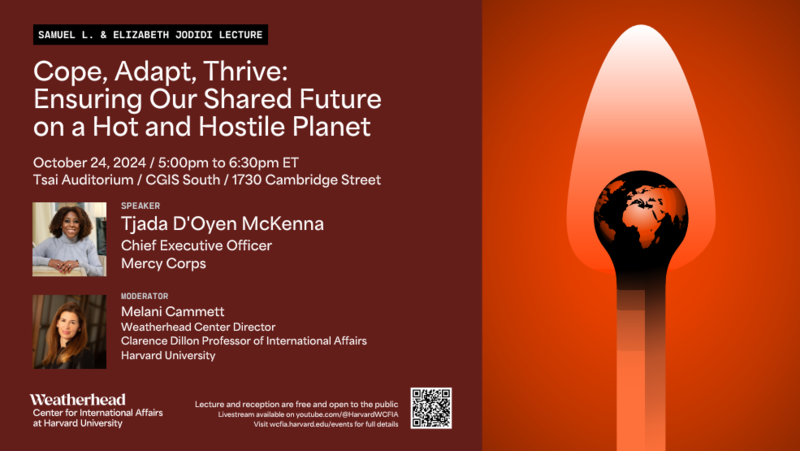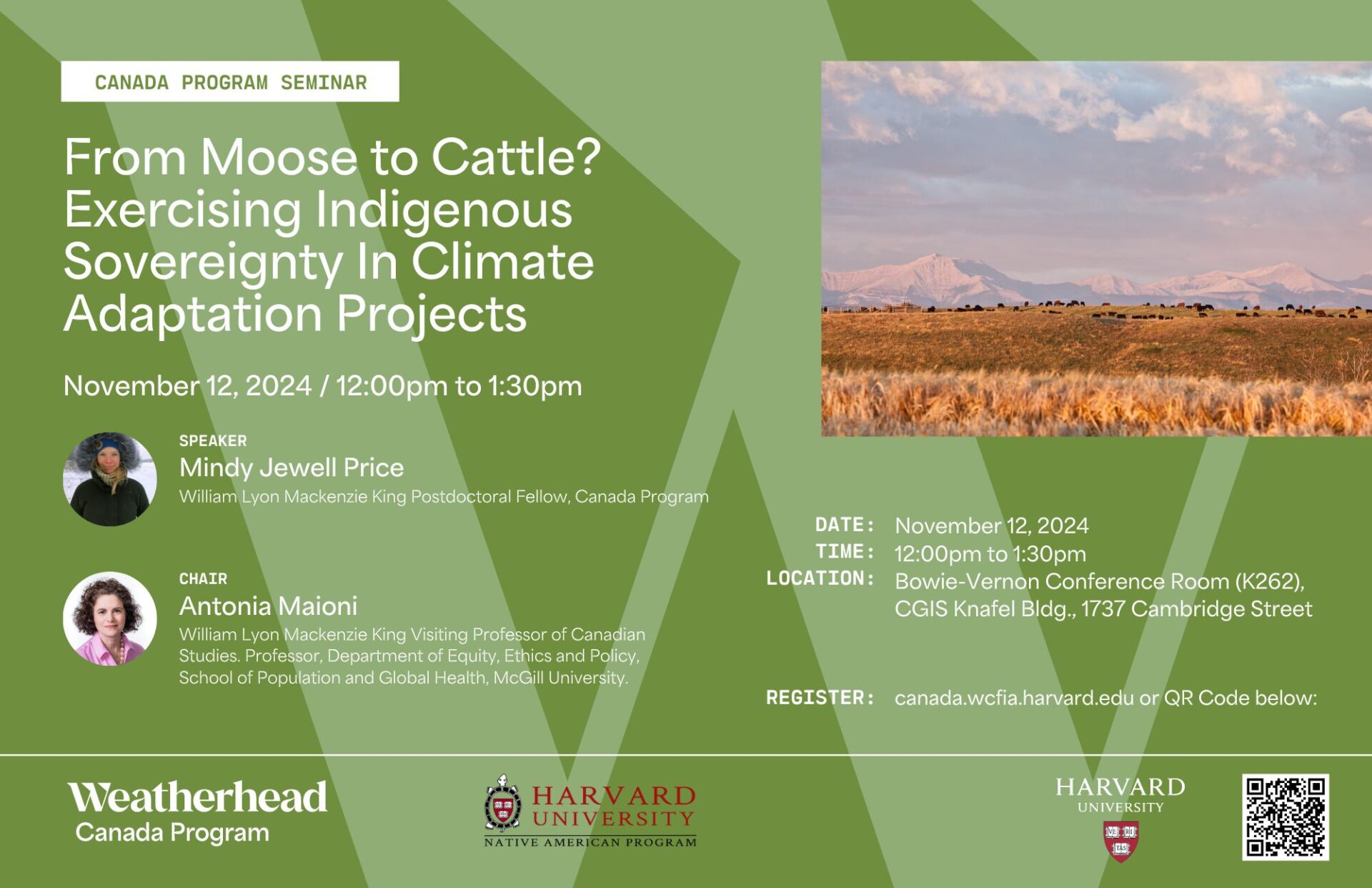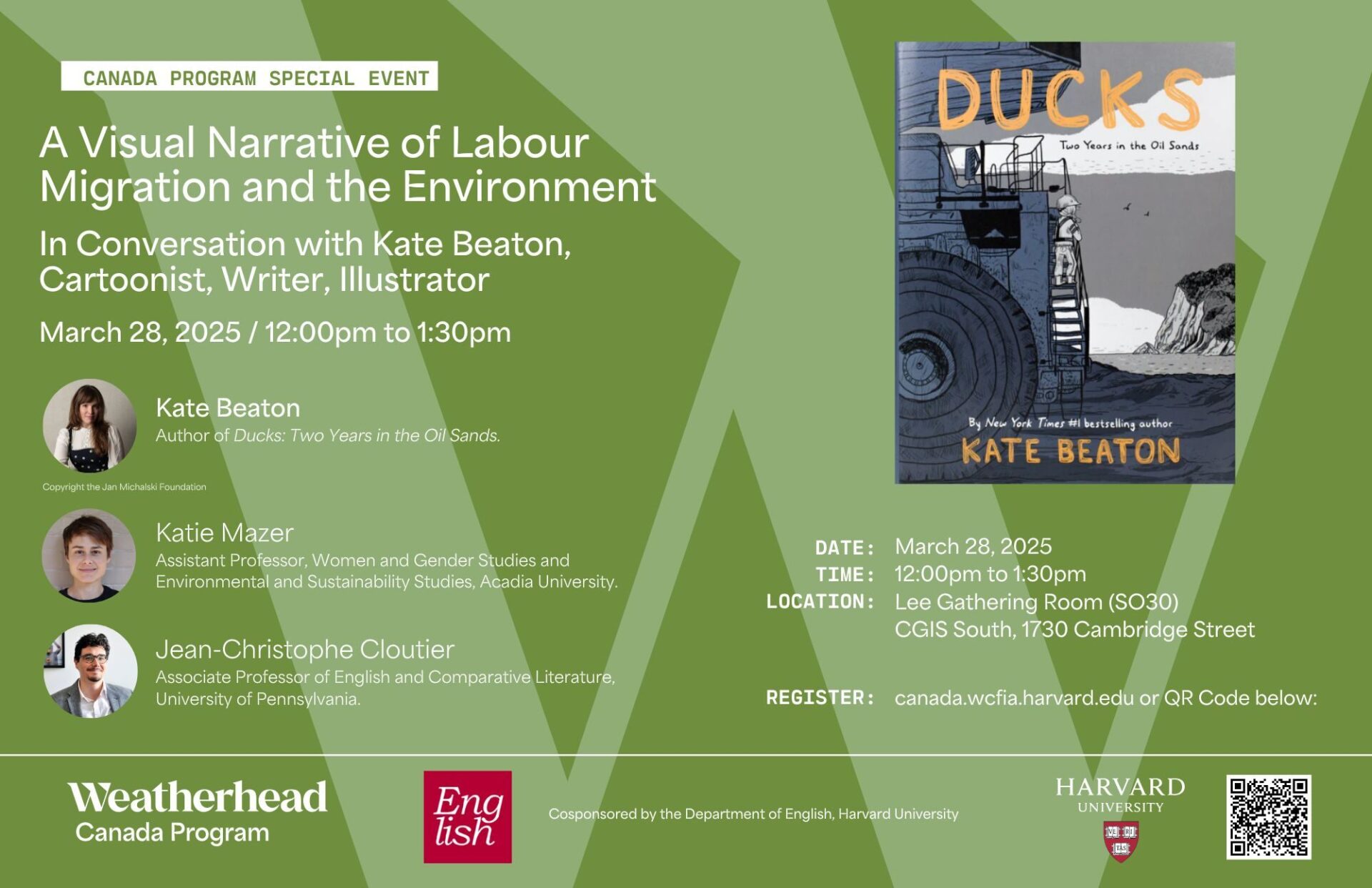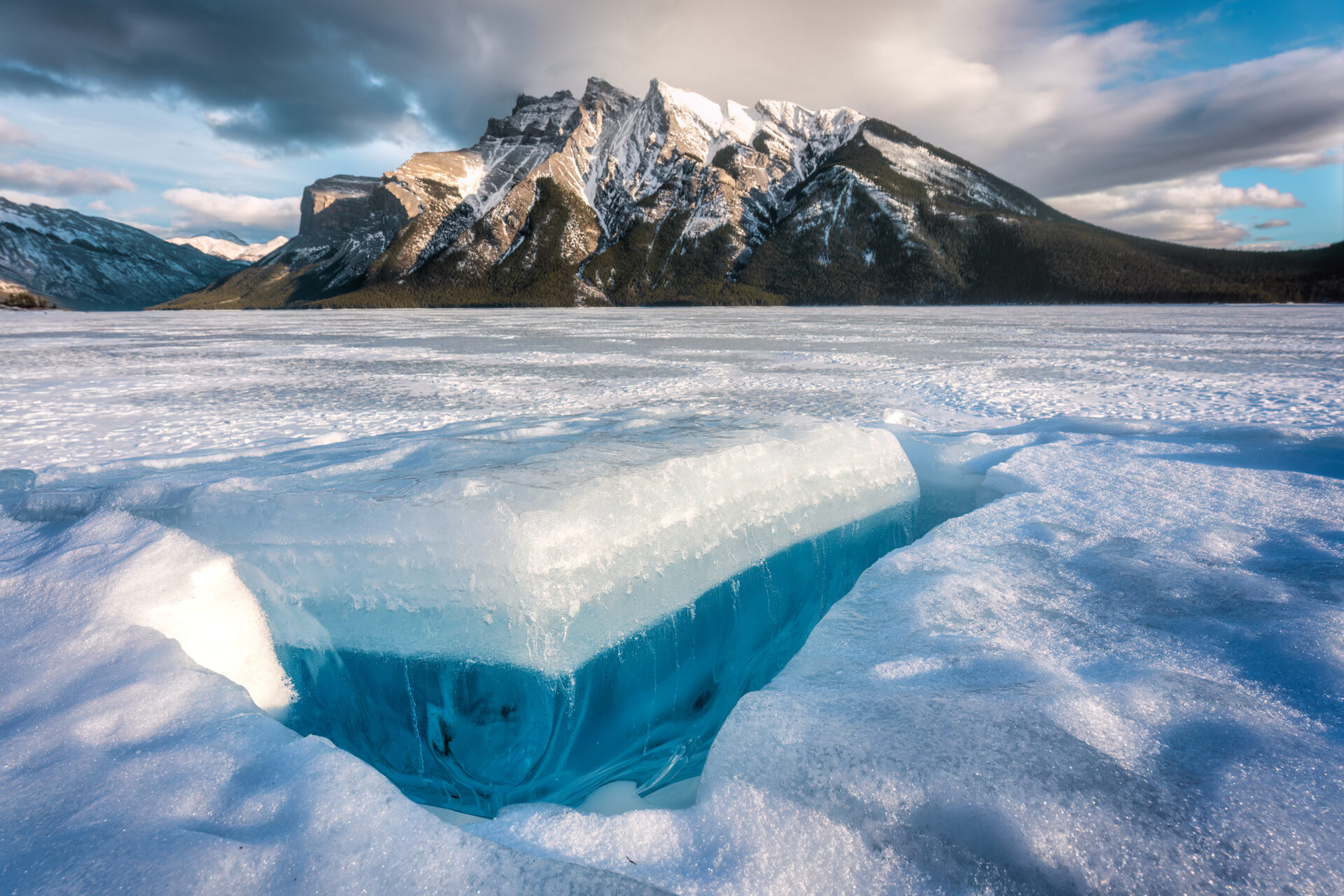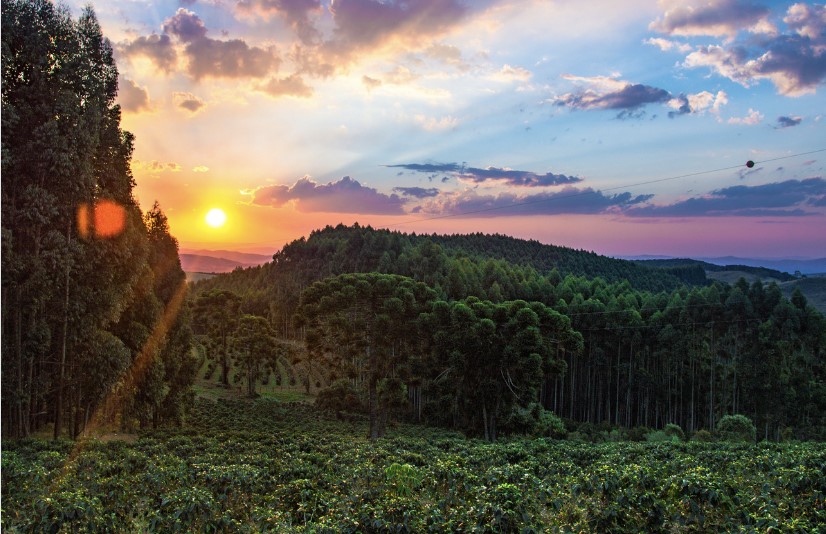
The Greener Gender: Women Politicians and Deforestation in Brazil
This paper examines the impact of women’s political representation on deforestation rates in Brazil. Using close election regression discontinuity design, we show that women, when elected to office, are more likely to drive improved environmental outcomes due to factors such as reduced access to corrupt networks that influence the enforcement of environmental laws at the local level. Altogether, our findings demonstrate that women’s political representation significantly reduces deforestation rates in the Brazil.
This event is hybrid, to attend remotely register at the ticket link.
Presented in collaboration with the Weatherhead Center for International Affairs
